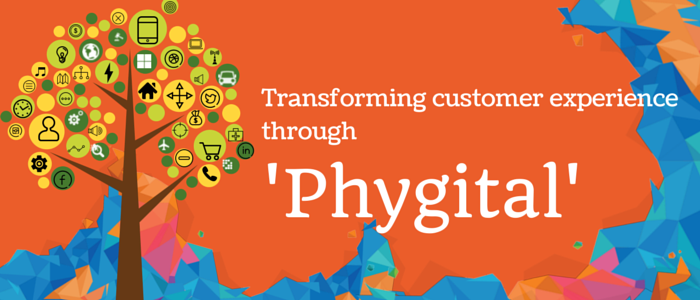The deployment of digital solutions across several industries has been pushed by the COVID-19 dilemma. Although the e-commerce sector has been around for a while, the pandemic underlined the need for adopting cutting-edge technologies to keep the economy afloat.
When forced to switch to online purchasing, consumers discovered that digital excursions were far more practical than conventional ones. About 96% of people with internet access and a bank account now shop online globally, because of the abundance of payment choices, enhanced security, and faster delivery. Due to crowd avoidance, time-saving, and the ability to choose things at one’s leisure without leaving the house, online shopping has become even more popular than in-store shopping.
Today's e-commerce clients want outstanding customer service and demand online purchasing services. Digital commerce now is all about delivering and acing customer experience.
The future of internet buying is dependent on smart professionals who can provide consumers with a tailored, engaging virtual shopping experience. To fulfill the requirements of today's online shoppers, businesses are incorporating the newest digital technologies and techniques, such as Machine Learning, Data Analytics, and Mobile. Over the last few years, we have helped businesses on leveraging these new technologies, and here is what we realized are the top few elements that play a key role in humanizing customer experience -- Customer analytics and data enhance marketing strategies
Online stores might not have fitting rooms or salespeople, but they can utilize data to recommend products based on their customers' tastes, preferences, and fashion preferences. This makes it possible for a business to create smart pricing, advertising, and cross-promotions based on both small-scale and large-scale trends. For instance, a business might use social media to advertise during peak buying seasons, emphasize often bought-together items, or provide ads for a product a buyer has already browsed at.
- ML enables personalized online shopping
Consumers want a more customized experience in the domain of online shopping. Data analysts utilize Artificial Intelligence (AI) and Machine Learning (ML) technology to gather data and generate client profiles rather than manually analyzing customer information. Based on an intelligent algorithm, experts use these profiles and findings (with the aid of AI) to give individualized suggestions and pertinent information. As per my experience, businesses engaging in intelligent customization in e-commerce may anticipate about a 20 to 25-fold return on every dollar spent. - Mobility in the e-commerce industry
There is no disputing the importance and effects of mobility throughout the corporate landscape based on current trends in the e-commerce sector. Mobility solutions have become more prevalent as a result of rising mobile device usage and changing consumer expectations.






